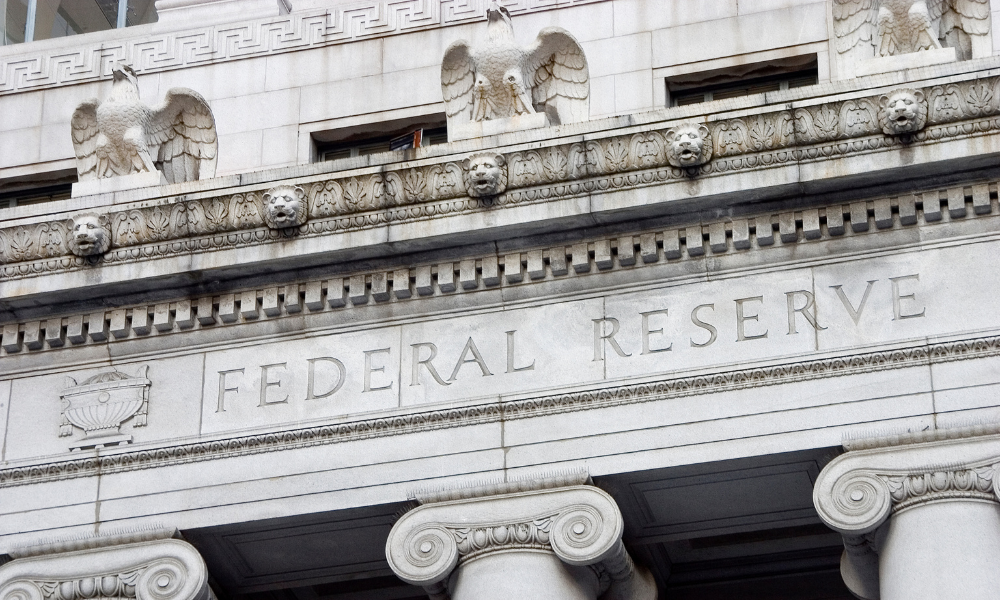ChatGPT challenged to 'design an ETF to deliver a return uncorrelated to the U.S. stock market'

ChatGPT, the internet's most popular artificial intelligence program, was challenged by Bloomberg to build a winning portfolio for the U.S. stock market in an effort to determine how close technology is to replacing Wall Street's army of analysts, gurus, and money runners.
In an article for Bloomberg, it said the end result was a typical example of a fence-sitting exercise, with the tool stating that the market is too unpredictable to construct such a fund while cautioning against the necessity to choose assets that are in line with our aims and level of risk tolerance.
Despite all the excitement, it appears AI is still not quite ready to rule the world of stock selection.
However, it's also possible that ChatGPT has the edge over the competition but has the foresight to keep it a secret. On Wall Street already, particularly in the world of ETFs, there are artificial intelligence-guided investments, some of which are already outperforming the market. The $102 million AI Powered Equity ETF (ticker AIEQ), which has gained around 9.9% in 2023 through Wednesday, stands out in the present market. By comparison, the S&P 500 Total Return Index has earned only 4.7%.
Over 6,000 U.S. publicly listed firms are analyzed daily by AIEQ using a quantitative model that runs continuously on the Watson platform from IBM Corp. Additionally, it assesses financial models, values, management biographies, news articles, sentiment indices, and regulatory filings.
EquBot LLC created the product, and ETF Managers Group LLC is in charge of overseeing it. Because the product may quickly change holdings and exposure levels, it serves as a gauge of sentiment for observers. But when the time becomes longer, AIEQ's ability to outperform the market falters. The ETF has given investors around 41% since it started in 2017, according to data gathered by Bloomberg. In the same time frame, the S&P 500 Total Return Index generated returns of almost 72%.
“It works best when it can catch on to momentum names in the growth space,” said Jessica Rabe, co-founder of DataTrek Research. “It struggled to find momentum names in a highly volatile stock market last year, and when it’s had the best track record, it’s been during bull markets when it favours tech names.”
The main caution in this informal experiment is to be aware of ChatGPT's limitations. It wasn't made to forecast the markets; instead, the technology is language-based and built for communication. The organization that created ChatGPT, OpenAI, is upfront about its limits, such as having "limited understanding" of anything that happens beyond 2021.
But for some reason, ChatGPT struggles to find any at all — despite the likes of AIEQ having the words "AI Powered" in its name. Since the tool won't supply us a new machine-made portfolio in detail, we attempted the next best thing and asked it to name "the finest AI-powered ETF." Even while the tool acknowledges that “there are some ETFs that use artificial intelligence (AI) as part of their investment process,” the tool makes no attempt to identify any of them.
Robert Madej, founder and CEO of PureFacts Financial Solutions, said, “Even if ChatGPT is not the specific tool that gets wealth management and asset management firms using AI, there's no question that it's got them thinking about AI again in a very positive way.”



